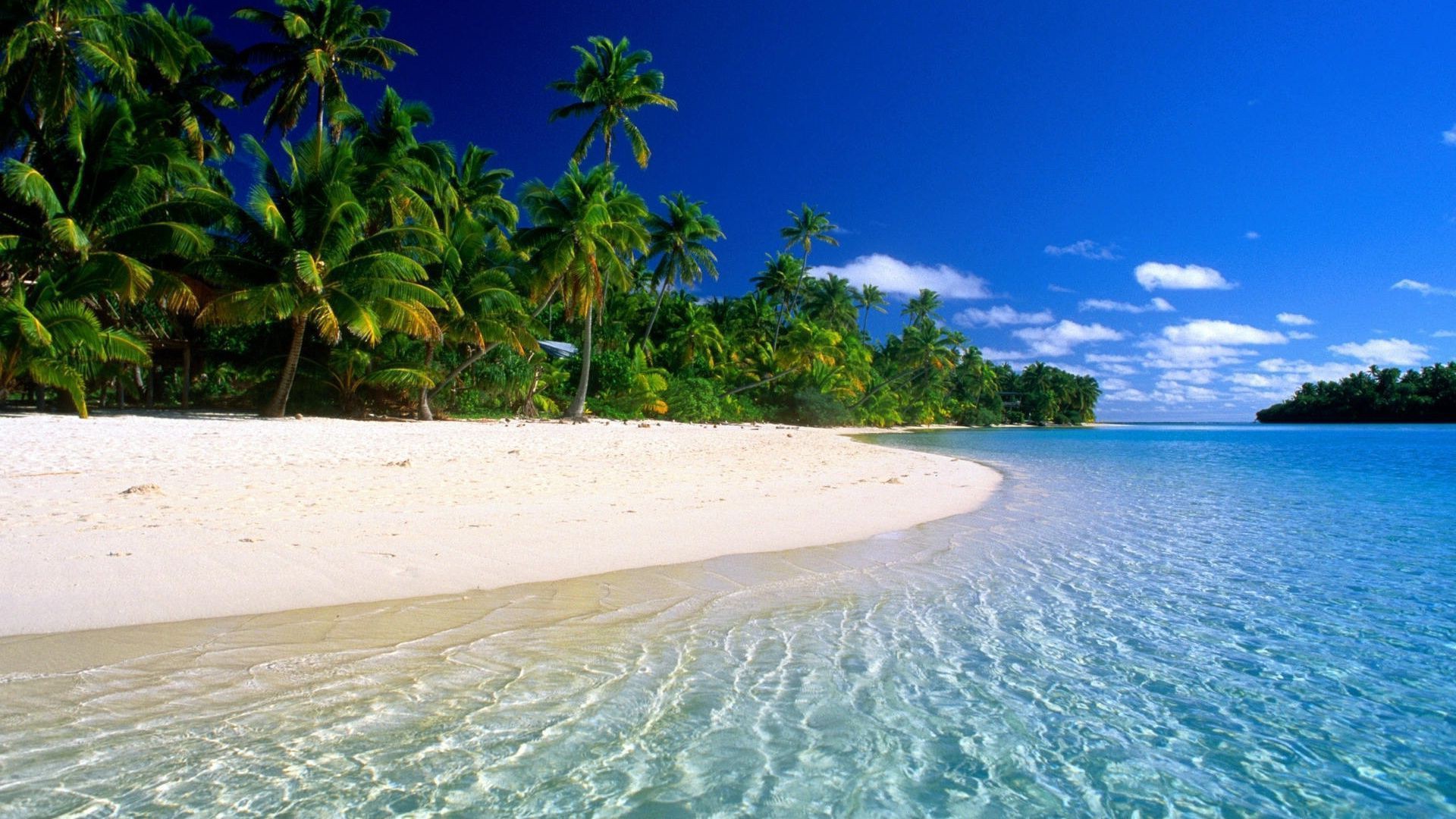Panama
One of the happiest places on Earth
In 2014 numerous studies and polls internationally revealed that developing Latin American countries were among the most likely to report being happy and feeling positive about life. Ranked right up the top was Panama, even though in economic terms some 25.8% of our population still is considered to live below the poverty line (World Bank). In the Gallup investigation, which spoke with some 1000 people in each country, 85 percent of the Panamanian residents responded positively to questions such as whether or not they smiled a lot yesterday, if they felt respected, if they were well-rested and if they had learned or accomplished something interesting. The highest results in this poll came from Panama & Paraguay, followed by El Salvador, Venezuela, Trinidad & Tobago, Thailand, Guatemala, Philippines, Ecuador & Costa Rica. (Source: Stylist)
The Happy Planet Index lists the Isthmus as 7th on it’s list. (Source: Bootsnall) International Living constantly touts Panama as one of the best places to retire to.
[two_thirds]
Economy & Business Environment
Retirement aside, Panama has historically served as the crossroads of trade in the Americas, providing a strategic location as a land bridge (and then a canal) between the two oceans. As a small istmus where the two continents connect, it has become a maritime and air transport hub, in addition to providing international banking, services and trade. Recently, this position has been further strengthen by free trade agreements and the network of Double Taxation Treaties that Panama has signed with regional and international partners.
The dollar-based economy also provides stability in the Central American region, offering lower inflation than its neighbouring countries and zero foreign exchange risk. The banks also offer Euro and some other currencies for their private and commercial clients.
[info]Panama has a population of come 3.8 million, with 66% of the population residing in urban areas. The income level in the Isthmus is considered by the World Bank and other organisations to be “upper middle income”.[/info]
While the official language in Panama is Spanish, English is widely spoken in Panama City, because of the extensive international trade. English as a second language is now taught nationally in grade school.
For those interested in establishing a business in Panama, the accounting standards used are the IFRS, and the fiscal year runs with the Calendar year (1st of January to 31st of December). The principal taxes are Consumption (ITBMS – 7% on all goods and services, 10% on alcohol and accommodation; and 15% on tobacco products); Income Tax (progressive up to 25% on income, with a flat 25% rate for corporate tax, with 10% on capital gains). [/two_thirds] [one_third_last]
Legal System
One of the principal criticisms of Panama’s legal system has been that the Judicial system is inefficient, politicised and prone to corruption. This has been strongly dealt with in 2014 and 2015, starting at the top (Supreme Court), where one of the Supreme Court Justices is under investigation and being processed for corruption and criminal offenses. Since the beginning of 2015, this subject has been in the Panamanian news every week.
Nonetheless, foreigners should expect the same treatment as Panamanians within the Judicial system, although all judicial matters will be handled in Spanish. Likewise, all contracts should be in Spanish or have at least a translation to Spanish.
For information regarding Panama’s public holidays, please see Public Holidays. [/one_third_last]
Opportunities
Panama continues to have one of the fastest growing economies in Latin America, with positive results even through times of crisis. After Hong Kong, Panama has the 2nd largest Duty Free Zone in the world, which generate USD$14 billion in imports and re-exports each year. Even though the Free Trade Zone has been somewhat affected by the crisis in Venezuela, it continues to thrive.
[info]According to the World Bank, Panama is forecast to have lower annual GDP growth than in previous years, dropping to 6.1% in 2015 (as opposed to 10% in 2011 and 2012). For 2016 this may drop to 5.8%, which still remains considerably higher than neighbouring countries.[/info]
With the expansion of the Panama Canal, it is ranted in the top 3 in Latin America for logistics and connectivity. Furthermore, it offers special tax exemptions for investments in tourism, maritime, real estate, Colon Free Trade Zone, special Processing Zones, Call centers and other special markets.
Panama additionally boasts no restrictions on companies ownership or foreign capital. There are no exchange controls and so investors are able to bring funds in and repatriate their funds as needed, without red tape. We have a flexible business law, with a bilingual work force.

